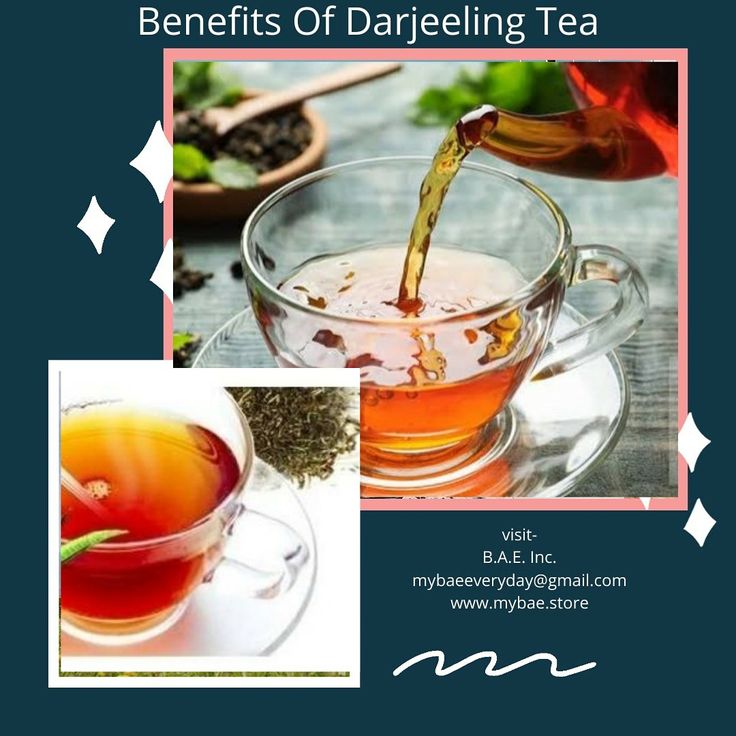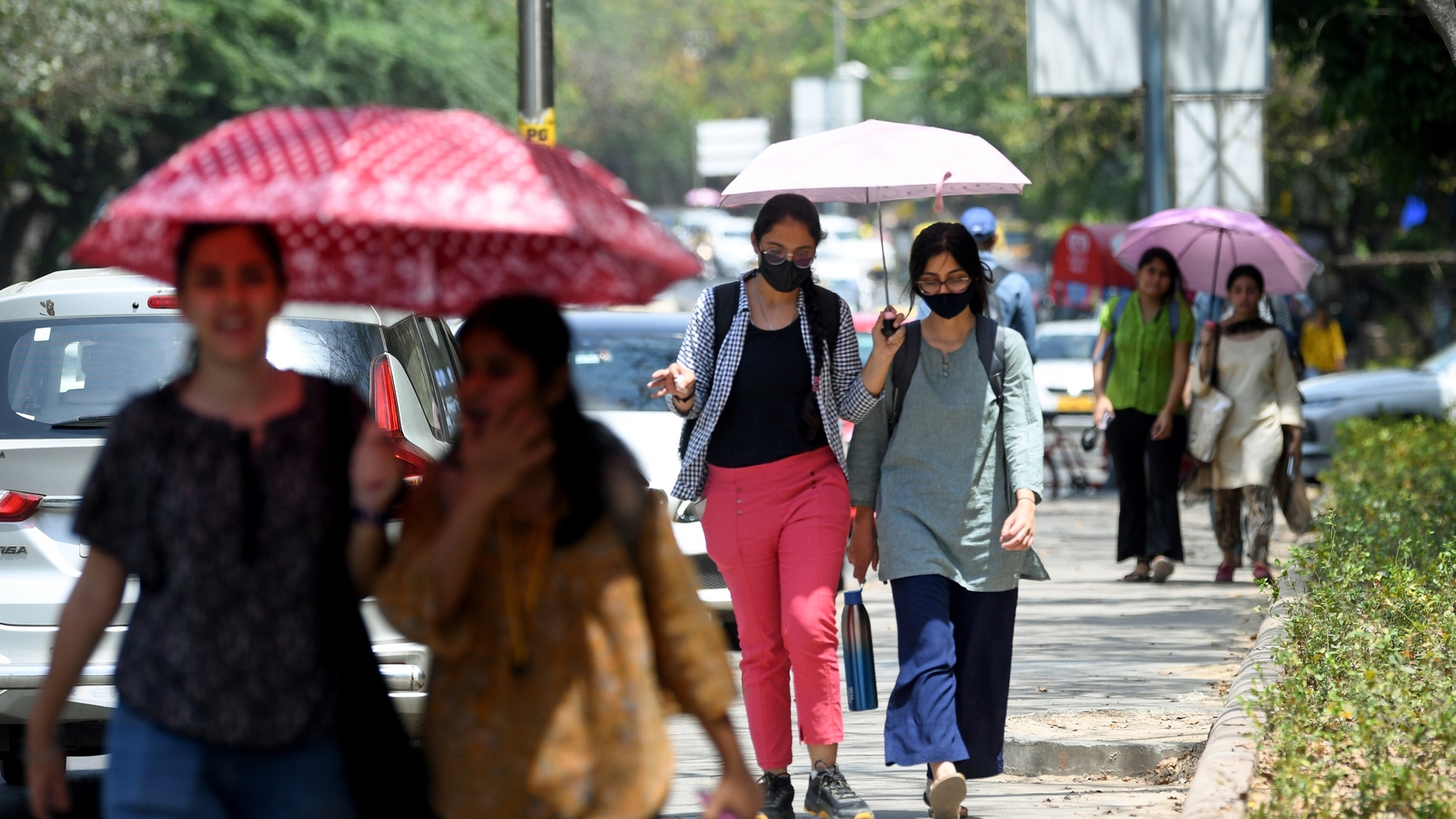Concerns Mount Over The Future Of Darjeeling Tea

Table of Contents
Climate Change and its Impact on Darjeeling Tea Production
The unique terroir of Darjeeling, characterized by its high altitude, specific rainfall patterns, and cool climate, is crucial to the distinctive flavor profile of its tea. However, climate change is significantly impacting this delicate ecosystem.
Shifting weather patterns and their effect on tea bushes
- Increased rainfall: Erratic monsoon seasons lead to waterlogging, hindering tea bush growth and increasing susceptibility to disease.
- Unpredictable monsoons: Variations in rainfall patterns disrupt the crucial stages of tea bud development, affecting both yield and quality.
- Frost damage: Increased frequency and intensity of frost events damage young tea shoots, reducing the overall harvest.
- Impact on yield and quality: These weather shifts have led to a reported 15-20% decrease in Darjeeling tea yield in recent years, with a noticeable decline in the characteristic muscatel flavor. The delicate balance of temperature and humidity needed for optimal flavor development is increasingly disrupted.
These changes directly affect the tea's flavor profile and overall production, threatening the very essence of Darjeeling tea.
The vulnerability of Darjeeling's unique terroir to climate change
Darjeeling's specific geographical location and climate are not easily adaptable. The region's unique microclimate, with its specific temperature ranges and humidity levels, is intricately linked to the development of the tea's distinct flavor. The difficulty in adapting to rapid climate change threatens to irrevocably alter, or even destroy, this unique terroir.
- Altitude: The high-altitude growing regions are particularly vulnerable to temperature fluctuations.
- Rainfall: Consistent, yet moderate rainfall is critical; too much or too little drastically impacts the tea plants.
- Temperature: The cool climate is essential for the slow growth that contributes to the delicate flavor.
The potential loss of this unique flavor profile due to climate change poses a severe threat to the Darjeeling tea industry's global reputation and market value.
Socioeconomic Challenges Facing Darjeeling Tea Farmers
Beyond climate change, significant socioeconomic factors contribute to the challenges facing Darjeeling tea.
Low wages and lack of economic opportunities for tea workers
Many tea workers in Darjeeling face poverty and a lack of economic opportunities, leading to several consequences.
- Poverty: Low wages make it difficult for families to meet basic needs.
- Migration: Young people migrate to urban areas seeking better employment, resulting in a shrinking workforce and impacting tea production.
- Lack of investment: Insufficient investment in infrastructure and modern farming techniques further hampers productivity.
The social impact extends beyond individual hardship, influencing overall tea production and quality.
The impact of globalization and competition on the Darjeeling tea industry
Darjeeling tea faces fierce competition in the global market.
- Competition from cheaper teas: Mass-produced teas from other regions offer significantly lower prices, posing a challenge to Darjeeling's premium positioning.
- Maintaining premium pricing: The high production costs associated with sustainable and ethical practices make it challenging to compete on price alone.
- Fair Trade and sustainable practices: The industry struggles to balance the need for fair trade and sustainable practices with the pressure to remain competitive.
Navigating the complexities of a globalized market while upholding ethical standards and environmental sustainability remains a major hurdle for Darjeeling tea farmers.
Sustainable Practices and the Future of Darjeeling Tea
Addressing the future of Darjeeling tea requires a multi-pronged approach focused on sustainable practices and socioeconomic improvements.
Implementing organic farming techniques to preserve the environment
Transitioning to organic farming methods offers significant benefits:
- Benefits: Enhanced soil health, reduced pesticide use, improved biodiversity, and potentially higher quality tea leaves.
- Challenges: Transitioning can be financially challenging for farmers, requiring support and training.
- Government support: Government initiatives and financial aid are crucial in facilitating the transition to organic farming.
Investing in organic farming is vital for preserving both the environment and the quality of Darjeeling tea.
Promoting Fair Trade practices and improving the livelihoods of tea workers
Fair Trade practices are fundamental to securing the future of Darjeeling tea:
- Fair wages: Ensuring fair wages and decent working conditions is crucial for attracting and retaining skilled workers.
- Better working conditions: Improved living conditions, healthcare access, and education opportunities improve the lives of workers and contribute to a more sustainable industry.
- Consumer awareness: Educating consumers about fair trade practices encourages them to support ethical producers.
Investing in research and development to improve tea quality and resilience
Innovation is crucial for enhancing tea quality and resilience to climate change:
- Climate-resistant varieties: Developing tea varieties more resistant to climate change impacts is essential.
- Improved processing techniques: Technological advancements in processing can enhance efficiency and reduce waste.
- New market opportunities: Exploring new markets and diversifying product offerings can reduce reliance on a single, potentially vulnerable market.
Securing the Future of Darjeeling Tea
The future of Darjeeling tea hangs in the balance. Addressing climate change, socioeconomic disparities, and promoting sustainable practices are not just desirable goals but essential for the survival of this iconic beverage. Collaborative efforts between the government, tea producers, and consumers are crucial. We need to support sustainable and ethical Darjeeling tea producers by making informed purchasing choices, supporting initiatives that promote fair trade and sustainable agriculture, and raising awareness about the challenges facing this beloved drink. Let's work together to safeguard the future of Darjeeling tea, one cup at a time.

Featured Posts
-
 Electric Motor Manufacturing Strategies For Reducing Chinas Dominance
May 04, 2025
Electric Motor Manufacturing Strategies For Reducing Chinas Dominance
May 04, 2025 -
 Ufc Des Moines Predictions Who Will Win
May 04, 2025
Ufc Des Moines Predictions Who Will Win
May 04, 2025 -
 Ufc Fight Night Sandhagen Vs Figueiredo Espn 67 Results And Analysis
May 04, 2025
Ufc Fight Night Sandhagen Vs Figueiredo Espn 67 Results And Analysis
May 04, 2025 -
 March Heatwave Kolkata Temperature Forecast And Precautions
May 04, 2025
March Heatwave Kolkata Temperature Forecast And Precautions
May 04, 2025 -
 Redkoe Intervyu Dzhidzhi Khadid O Svoikh Otnosheniyakh
May 04, 2025
Redkoe Intervyu Dzhidzhi Khadid O Svoikh Otnosheniyakh
May 04, 2025
